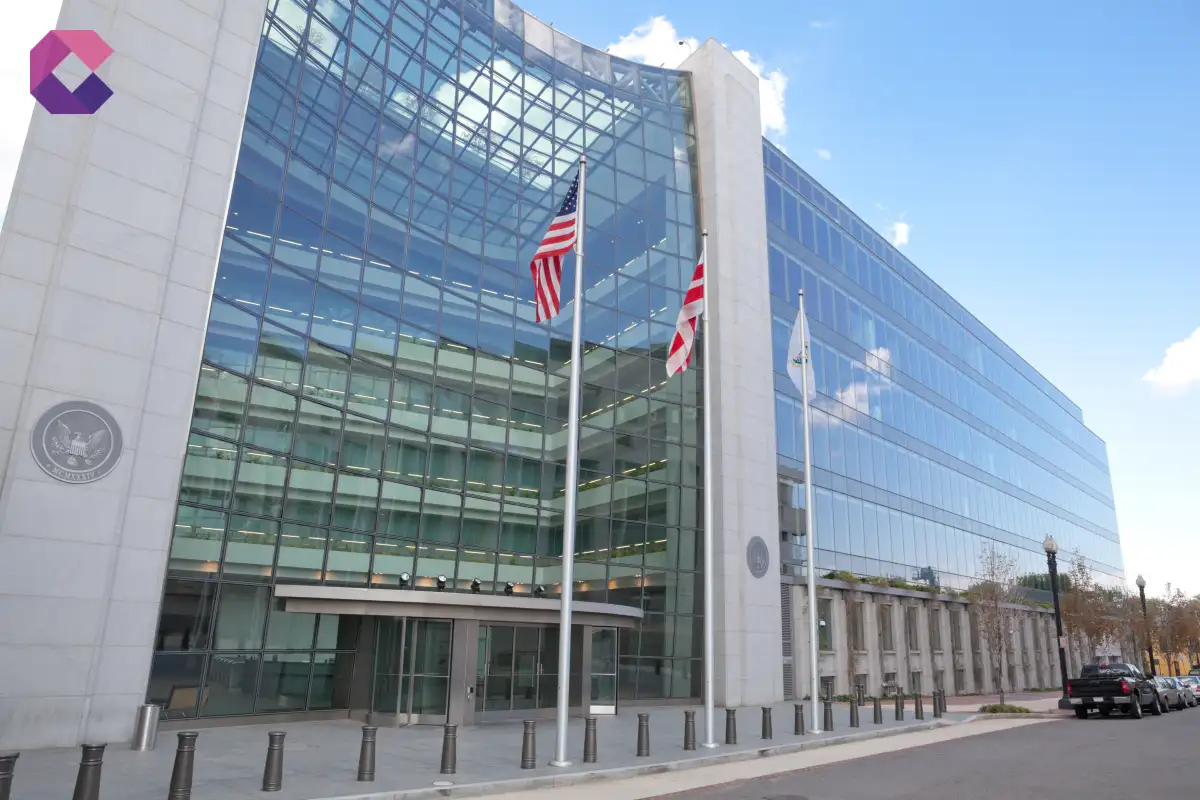More SEC Enforcement Action is Coming With DeFi in Firing Line, Warns Key Agency Official

The head of the US Security and Exchange Commission (SEC)’s Crypto Assets and Cyber Unit David Hirsch just sent a chilling warning to the crypto industry, which has already found itself heavily in the agency’s crossfire in recent months.
Speaking on Tuesday at the Securities Enforcement Forum Central in Chicago, Hirsch said that aside from Coinbase and Binance, two major cryptocurrency exchanges that the agency has already sued, there are other centralized exchanges and decentralized finance (DeFi) protocols that are not complying with securities law.
The SEC is going to “continue to bring those charges” against a number of other businesses that are operating in similar ways to Coinbase and Binance, he continued.
SEC Warns of DeFi Crackdown
And even though they operate in very different ways to centralized exchanges like Coinbase and Binance, decentralized applications are also in the firing line.
“We’re going to continue to conduct investigations, we’re gonna be active in the space, and adding the label of DeFi is not going to be something that’s going to deter us from continuing our work,” Hirsch said.
Decentralized applications (dApps) are powered by (normally) immutable smart contracts that have been deployed directly onto a smart-contract-enabled blockchain, like Ethereum.
By nature, dApps are borderless (just as the blockchains they run on are), open source, and all transactions/activity that goes through them is recorded for the whole world to see on the blockchain.
While the SEC has been amping up its enforcement action against the US crypto industry in wake of the FTX disaster in November 2022, Hirsch admitted the agency only has limited capacity, and cannot tackle all non-compliant businesses.
“There are more tokens extant — I think maybe 20,000, 25,000, last I read — than the SEC or any agency has the resources to pursue directly, and similarly there are a number of centralized platforms out there, some that are acting as unregistered exchanges,” he conceded.
SEC Losing Ground
The SEC is already involved in a number of high-profile lawsuits against various major players in the crypto industry.
The agency sued Ripple Labs over its issuing of $1.3 billion worth of XRP tokens back in 2020, but appears to be losing ground in the lawsuit after a judge ruled earlier this year that Ripple’s sales of XRP wasn’t necessarily a security offering.
Its lawsuits versus Binance and Coinbase are more recent, but their outcomes will be decisive for the US crypto exchange regulatory landscape in the coming years – if the SEC gets its way, tokens will face significantly higher hurdles to be listed on any US-based exchange.
Elsewhere, while the SEC hasn’t directly gone after many crypto token issuers (aside from Ripple Labs), the agency has argued that major tokens like Cardano (ADA), Solana (SOL) and Polygon (MATIC) are securities, clouding their demand outlook in the US.
If the SEC wins its legal battles against Coinbase and Binance where it is also arguing that these tokens are securities, exchanges that want to list them will have to jump through significantly more arduous compliance hoops.









